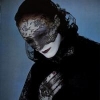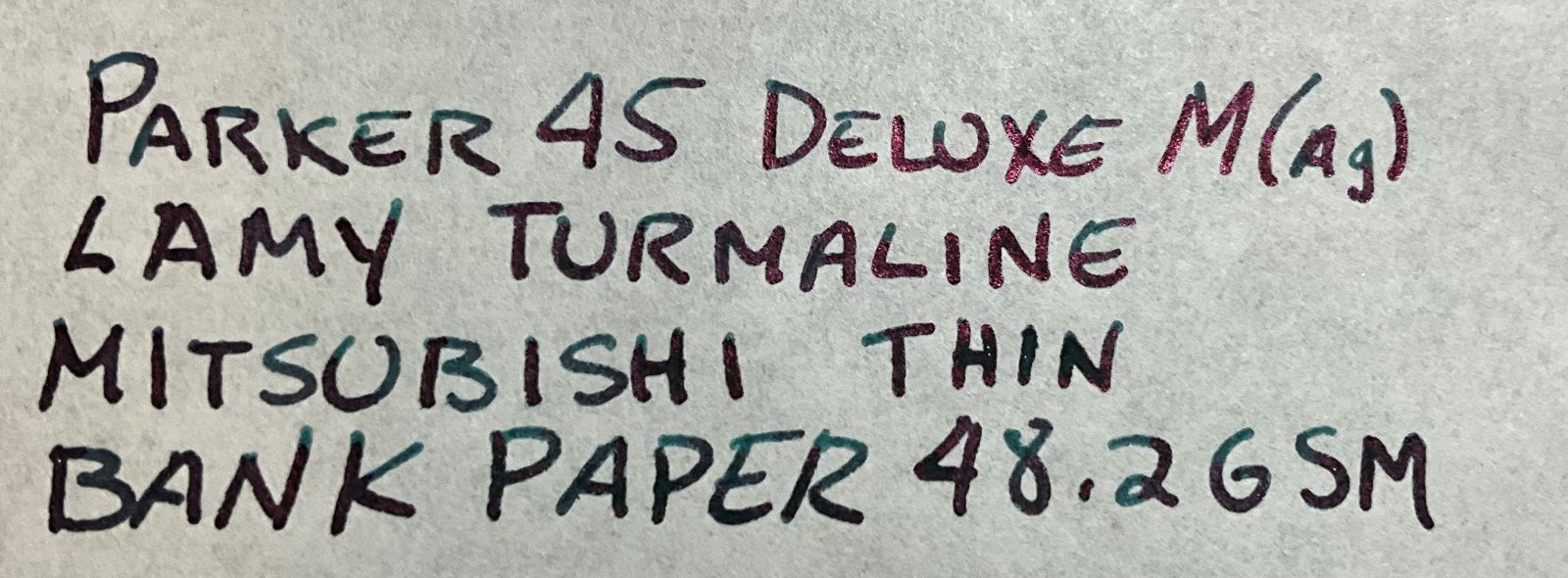-
Forum Statistics
355.3k
Total Topics4.6m
Total Posts -
Member Statistics
128,326
Total Members18,857
Most OnlineNewest Member
MethylatedSpirit
Joined -
Images
-
Albums
-
USG 9
- By USG,
- 1
- 3
- 101
-
Dan Carmell
- By Dan Carmell,
- 0
- 3
- 54
-
Mechanical's Pens & Ink
- By Mechanical,
- 0
- 0
- 56
-
Extra Fine Nib Ink Reviews (20 of n)
- By LizEF,
- 0
- 9
- 9
-
Ink testing pages 2025
- By Penguincollector,
- 0
- 0
- 13
-


















.thumb.jpg.f07fa8de82f3c2bce9737ae64fbca314.jpg)




.thumb.jpg.331e554113c33fb39d5bf3233878978a.jpg)





Recommended Posts
Create an account or sign in to comment
You need to be a member in order to leave a comment
Create an account
Sign up for a new account in our community. It's easy!
Register a new accountSign in
Already have an account? Sign in here.
Sign In Now